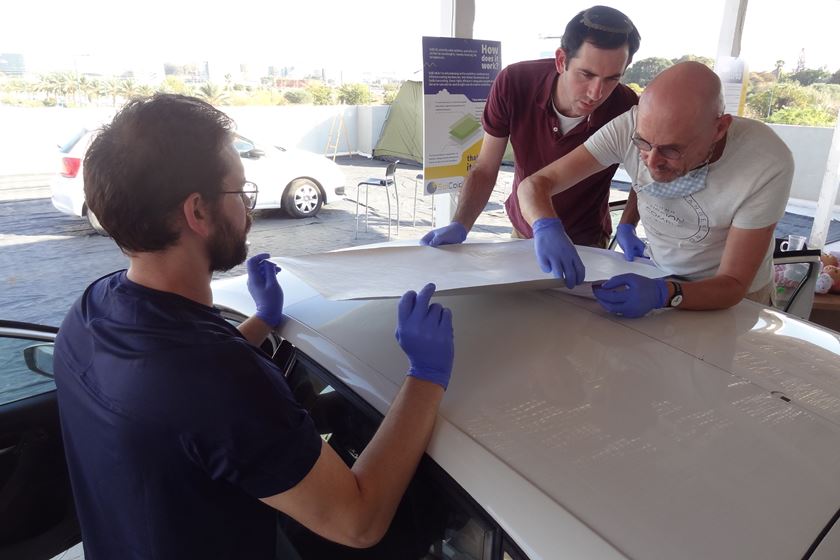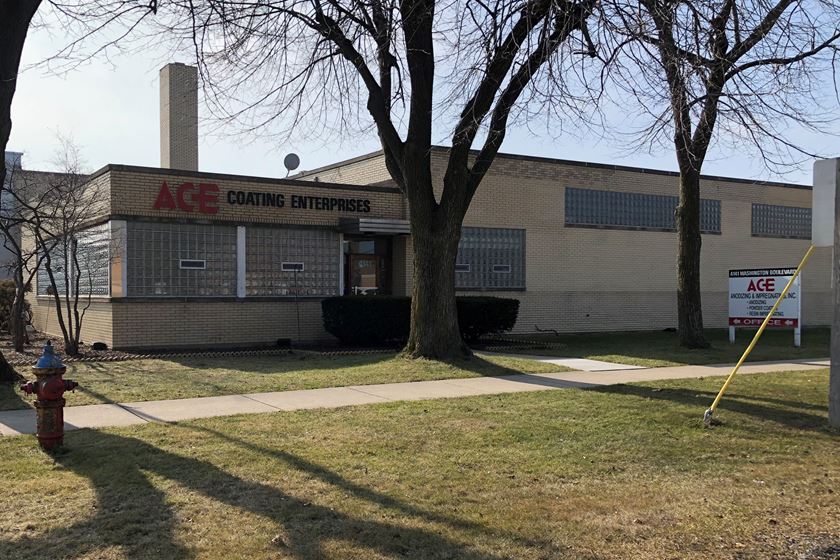We Need to Start Trusting our People
Trust your good people, and they will be more likely to remain your good people.
Overwhelmed and anxious, with way too much work ahead of us, our leadership team sat scattered about the conference room table worrying about the future. I explained that we weren’t going to quit and we weren’t going to let an amazing opportunity pass us by. Then I invited my beleaguered colleagues to offer ideas. At first, I was met with averted glances and stares at the polished tabletop. After prolonged silence, an unexpected voice emerged from the other end of the room, “We need to start trusting our people.”
Many repeat the old “Field of Dreams” adage, “If you build it, they will come.” My adapted version of this is, “If you build it and they do come, you better be ready.” We had built it, created what had become a solidly performing industrial company capable of delivering quality, keeping its commitments and generating cash. Then, we went whale hunting, searching for that one game-changing customer who could nearly double our revenue instantaneously. Through fortune, hard work, reputation or a combination of these, we had succeeded. A major Fortune 100 manufacturer had agreed to outsource a huge portion of their business to us.
We had built it, they did come and we didn’t think we were ready. Onboarding any new customer is not easy, let alone one that doubles your business. What were we to do?
“We need to start trusting our people,” said Doug, our company controller. Right. As if it’s that easy, I mused to myself. “Go on,” I invited them, unamused.
Doug continued, “The people in this room are out of bandwidth. We are already working more than many of us would like to be. Now we’re doubling the size of the business? We are right to be concerned. There’s no way we can get it all done unless we decide to trust our people.”
He had an interesting perspective. Doug went on to share his view that we were a team of Type-A personalities, used to setting crazy goals and then doing whatever it took to accomplish them—but mainly doing it ourselves. He pointed out that we were great at execution, but miserable at delegation. If we were going to double the size of our company, it couldn’t be on our backs. “We have a whole group of dedicated people outside this conference room eager to take on more, but we need to let them,” added Doug.
It’s interesting the number of midsize business owners who struggle to let go as their businesses grow. They work “in” the business, not “on” the business. I recall attending a presentation on business growth some years ago. The presenter observed that businesses reach inflection points—annual revenue of $1 million, then $3M, then $5M, then $10M and so on. He posited that, up to the first million, the owner could do everything themselves or with a small group of “doers,” but once the business reached $3 million in revenue, the owner would reach their limit and the business wouldn’t be able to expand unless the owner found a way to delegate responsibility. Every business is different, and perhaps these thresholds aren’t perfect, but they make a point. In order to grow, we must trust our people.
As our company had passed the $10 million mark and was headed toward $20 million, our leadership team needed to learn this lesson. In the same way we executed our growth plans, we also needed to execute a trust plan. We needed to take our managers and let them become leaders. We did. And it worked.
In the years since I learned that lesson, I’ve been amazed at the results when we trust our people. In the same way that team members will fill in the void left by a departing co-worker, many of them will respond in impressive fashion when we unleash their innate desire to lead. Three things happen when we trust our people:
- They make mistakes. While they will never perform their duties exactly the way we would have, we must have the confidence to let them fail in small ways and learn from that failure, trusting them with progressively challenging responsibilities sized in a fashion that a failure won’t risk the future of the business.
- We provide growth opportunities for our team members. An employee eager for growth will find it somewhere, either in our company or someone else’s. Trust your good people and they will be more likely to remain your good people.
- We provide growth opportunities for ourselves and our companies. We have no capacity to grow unless we give up the tasks we have already mastered in favor of learning; and any time spent on those tasks is time not invested in strategic thinking and big picture growth.
Is your business at an inflection point at which your growth is capped? Is your time to focus on the big picture constrained by time spent working in and not on the business?
You need to start trusting your people.
















